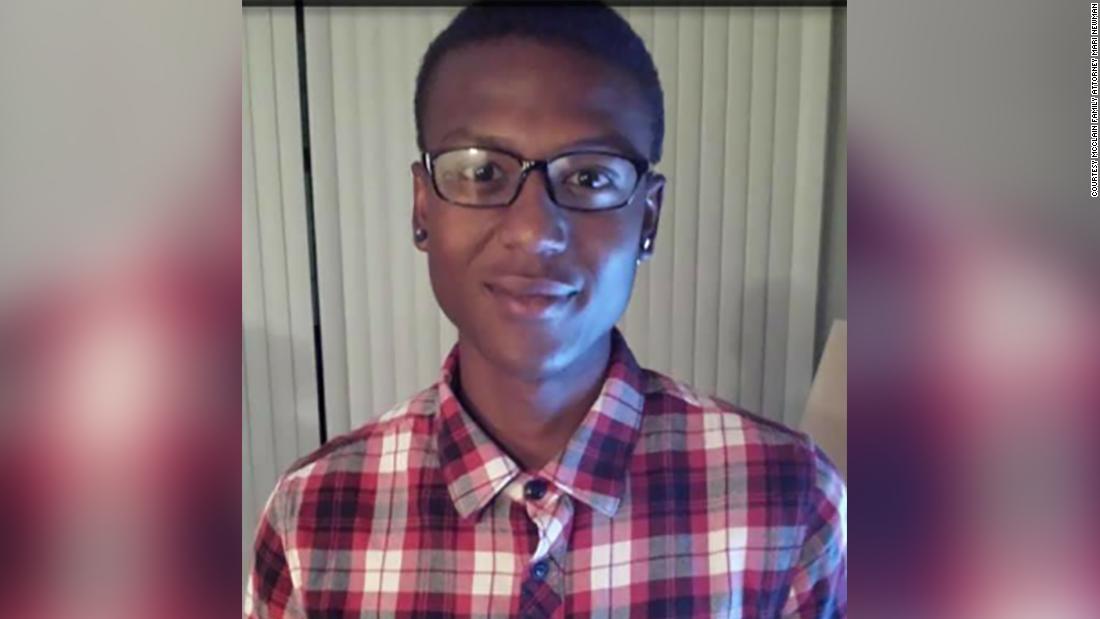“Under the executive order of the governor, the Attorney General’s Office continues to conduct an independent investigation into the events of August 24, 2019 involving Elijah McClain and his subsequent death,” the statement said.
“The grand jury is an investigative tool that has the power to compel the testimony of witnesses and demand the production of documents and other relevant information,” said the statement.
“Our investigation will be thorough, guided by facts and legislation, and worthy of public confidence. In order to maintain the impartiality and integrity of the process ”, informs the statement.
McClain’s death attracted renewed attention last summer, following the police killings of George Floyd in Minneapolis and Breonna Taylor in Louisville, Kentucky. As protests grew across the country, demonstrations in the Denver suburb emphasized McClain’s and his family’s months-long plea for justice.
On the night of August 24, 2019, McClain was returning home from a convenience store with an iced tea when he was confronted by three police officers from Aurora, Colorado.
Police officers stopped him after a 911 call reported a suspicious person wearing a ski mask walking down Billings Street in Aurora, according to a police press release. That report says McClain “resisted contact” with the police before a fight started.
“I am an introvert,” McClain is heard saying on a police camera after police officers confront him. “Please respect the limits I’m talking about.”
“Relax,” says an officer at one point, “or I will have to change that.”
Before an officer throws him down, McClain is heard telling police that he was trying to stop the music so he could hear them.
During the fight, an officer is heard saying, “He grabbed his gun, man.” A police officer tells McClain that he “will bring my dog and he will bite you” if McClain continues to “play”.
The prosecutor’s letter said that paramedics arrived and administered ketamine, a powerful anesthetic. McClain was taken to a hospital, but had a heart attack en route. He was declared brain dead three days later, on August 27, the letter says.
The autopsy conducted by the county coroner did not determine the cause of death, but noted that “intense physical effort and a narrow left coronary artery” were contributing factors.
The report looked at McClain’s history of asthma and carotid restraint, although the autopsy did not determine whether it contributed to McClain’s death. The concentration of ketamine in his system was at a “therapeutic level,” the report said.
Ultimately, McClain’s death could have been an accident, the result of natural causes or a homicide, the autopsy concluded.
The McClain family lawyer, Mari Newman, called the autopsy “very strange”. She said she “ignores the most obvious factor, which is that a perfectly healthy young man comes home from the pharmacy with a bottle of iced tea in a sachet and ends up dead.”
But amid the recent reckoning on race and police brutality, some felt that McClain’s death deserved a second look, and in June more than two million people signed an online petition calling for a new investigation.
“Elijah McClain should be alive today, and we owe his family to take this step and elevate the search for justice on his behalf to a state concern,” Polis said in a statement at the time.
Leslie Perrot, Madeline Holcombe, Brad Parks, Amir Vera, Caroline Kelly and Ray Sanchez of CNN contributed to this report.
